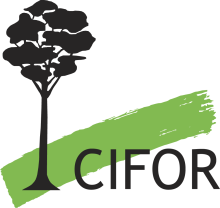Resource information
This Policy Brief: (1) outlines recommendations for change and improvement; (2) describes the legal and institutional infrastructure of decentralized forest management in Cameroon; (3) describes how basic mechanisms of decentralized forest management operate in practice; and (4) summarizes the findings of five years of World Resources Institute (WRI)-Center for International Forestry Research (CIFOR) research on decentralized forestry policy and practice. The decentralization of forestry management in Cameroon has succeeded in providing powers to local actors and enabling them to establish community forests, council forests and communitymanaged hunting zones, and to have access to forestry fees. The impacts of this transfer of power on local democracy, equity, living standards, poverty alleviation, social vulnerability and environmental sustainability are, however, weak. There is enormous room for improvement. This brief formulates recommendations with a view to transforming the promise of decentralized forest management in Cameroon into action and positive outcomes on the ground, notably poverty reduction.



